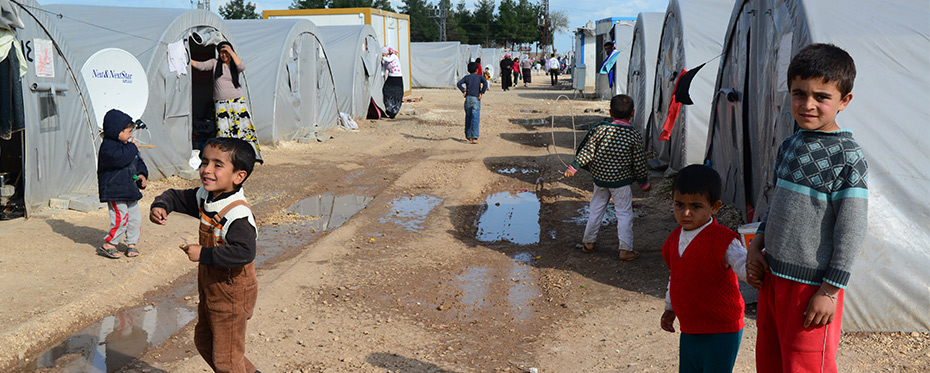Tag: Foreign Aid
The fiscal management of foreign aid in sub-Saharan Africa

Foreign aid is managed by governments whose countries are in need. Their decisions on how that money is managed greatly affect countries’ subsequent economic performance. Loujaina Abdelwahed, Assistant Professor in Economics at The Cooper Union, argues that whether aid is received permanently or temporarily is an overlooked determinant of how a recipient country’s fiscal performance reacts. She focuses her research […]
Read More… from The fiscal management of foreign aid in sub-Saharan Africa
Traversing the minefield: A professional humanitarian for a new world of risk

The inhumanity of war has always put the humanitarian in peril. But today aid workers stand in the crosshairs of armed adversaries with new tactics and targets for their violence, while competition between aid agencies creates even more insecurity on the ground. So, who should the humanitarian be? An altruistic do-gooder governed by feelings of empathy? Or a professional who […]
Read More… from Traversing the minefield: A professional humanitarian for a new world of risk
Assessing the role of foreign aid donors and recipients

In his book ‘Re-Inventing Africa’s Development’, Dr Jong-Dae Park, South Korean Ambassador in South Africa, examines the relationships between sub-Saharan Africa aid recipients and its foreign aid donors. Dr Park looks at the inherent limitations of foreign aid and the international development architecture, and the paradox that the region remains poor and underdeveloped, despite massive amounts of aid. He contends […]
Read More… from Assessing the role of foreign aid donors and recipients